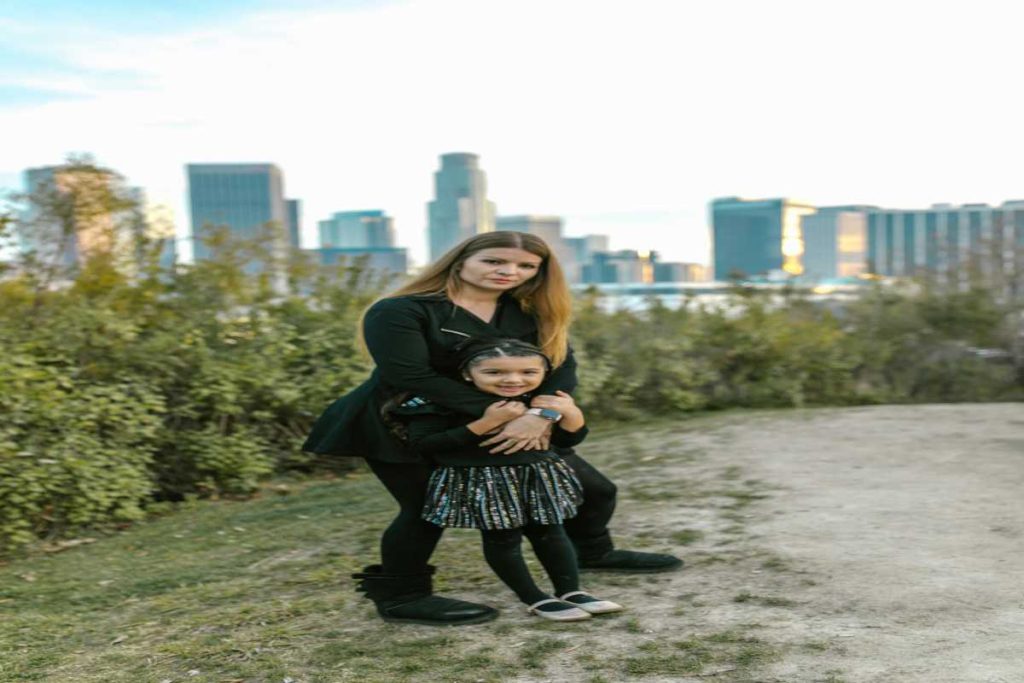Parenting can be incredibly rewarding, but it can also be challenging, especially when you’re juggling multiple responsibilities or dealing with stress. It’s natural for parents to feel overwhelmed at times, and occasionally, this might lead to losing your temper with your kids. Whether it’s raising your voice or reacting impulsively, we all have moments when we wish we’d handled things differently.
If you’ve lost it on your kids, the most important thing is to recognize it and take steps to repair the situation. Acknowledging your mistakes and making amends can strengthen your relationship with your children and teach them important lessons about accountability, empathy, and emotional regulation. In this blog, we’ll explore five ways to repair the damage and rebuild trust with your kids after losing your temper.

1. Acknowledge Your Behavior and Apologize
The first step in repairing the situation is to acknowledge that you lost your temper and apologize to your child. It’s important to approach your apology with sincerity and humility. By admitting that you made a mistake, you show your child that everyone—regardless of age—makes errors and that it’s okay to own up to them.
- Tip: Make sure your apology is genuine. Avoid blaming your child or external circumstances. Instead, focus on taking responsibility for your actions and expressing remorse for how you behaved.
Example: “I’m really sorry I yelled earlier. That wasn’t okay, and I shouldn’t have raised my voice. I was frustrated, but that’s no excuse.”
2. Explain Why You Lost Your Temper
Once you’ve apologized, take a moment to explain what led to your reaction. While it’s important not to make excuses, sharing the reasons behind your feelings can help your child understand that their behavior wasn’t solely responsible for your outburst. This opens up a conversation about emotions and helps them see that adults also experience stress, frustration, and anger.
- Tip: Keep the explanation simple and age-appropriate. It’s okay to admit that you were having a tough day or feeling overwhelmed, but avoid turning it into a justification for your actions.
Example: “I had a really stressful day at work, and when you didn’t listen, I became frustrated. That’s something I need to work on, and I’m sorry for taking it out on you.”
3. Validate Their Feelings
After you’ve apologized and explained yourself, it’s important to acknowledge your child’s feelings. When you lose your temper, your child may feel scared, hurt, or confused. Validating their emotions shows them that their feelings matter and that they’re not being dismissed. This also helps foster open communication and trust between you.
- Tip: Use empathetic language to let your child know you understand how your actions made them feel. This is crucial in helping them process the situation in a healthy way.
Example: “I understand that when I yelled, it might have made you feel scared or upset. I’m really sorry for making you feel that way. Your feelings are important to me.”

4. Take Responsibility for Your Actions and Model Growth
A big part of repairing your relationship with your kids is showing them that you are committed to being better. After acknowledging your mistake, take the opportunity to show them how you’ll handle things differently in the future. This teaches your child that everyone makes mistakes, but it’s how we grow and improve that truly matters.
- Tip: Discuss the steps you’ll take to avoid repeating the behavior, such as taking deep breaths when feeling overwhelmed or stepping away to calm down before responding. It’s important to model emotional regulation and self-awareness for your child.
Example: “Next time I start feeling frustrated, I’ll take a moment to breathe and calm down before I react. I don’t want to yell again. I’ll do my best to be more patient.”
5. Spend Quality Time Together
Once the situation has been addressed, make an effort to spend some quality, positive time with your child. This could be as simple as playing a game, reading a book, or having a heart-to-heart conversation. By doing something enjoyable together, you show your child that your relationship is more than just the conflict. This strengthens your bond and helps them feel secure in knowing that they are loved, even when things go wrong.
- Tip: Make sure that this time together is focused on connection and building trust. Avoid using it as an opportunity to further talk about the incident. Instead, let the experience of being together help heal any lingering tension.
Example: “How about we build a fort together and watch a movie? I want to spend some time with you and make up for earlier.”
Conclusion
We all lose our temper from time to time, but the key to repairing the damage is how we handle it afterward. By acknowledging our actions, apologizing sincerely, explaining ourselves, and validating our child’s feelings, we can rebuild trust and foster a healthy relationship with our kids. Most importantly, showing your child that it’s okay to make mistakes and that growth is possible is one of the best lessons you can impart.
Parenting is a journey filled with ups and downs, but it’s the way we handle the tough moments that defines our relationships with our children. By using these five steps, you can turn moments of frustration into opportunities for connection, learning, and emotional growth.
